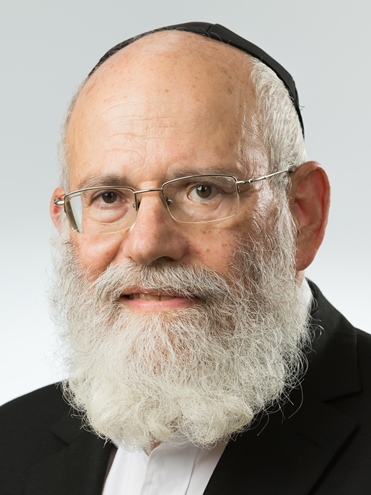Milk on Shavuot
By: Moshe Greenbaum
Toronto, Canada
Among the many minhagim that Jews observe on Shavuot, one stands out as being very peculiar. Only on this Yom Tov do we find ourselves eating dairy foods, especially the now famous (and delicious) cheesecake. What could possibly be the source of this minhag?
The Mishna Berura explains that when Bnei Yisrael returned from Matan Torah, they had trouble finding something to eat. After all, now they had all of the mitzvot concerning meat: shechita, salting, blood, cheilev, etc. It turned out that none of their meat was kosher, so they turned, instead, to the dairy food which they had.
However, there is another explanation, this one being taken from the words of Chazal. The Gemara in Ta'anit asks: Why is the Torah compared to milk, wine, and water? R. Oshia answers, just as these liquids are only preserved in the lowliest of vessels, so too Torah is only preserved in a Jew who is not haughty and arrogant. Since the Torah is compared to milk, we eat dairy products.
We see from the actual story of Matan Torah how important the trait of humility is. Hashem insisted on Moshe, the humblest of all men, and gave the Torah in the middle of the desert, and then, only on Har Sinai, the lowest of all mountains. This was all meant to show us the great significance that Hashem regards this midda with.
It is for this reason that the Megillah of Ruth is read only on Shavuot. What happened in this story that was so meaningful? The Ramchal explains that it was the unification of the two people who were the embodiment of the Torah's view of humility. Ruth, whom Chazal say was the princess of Moan, gave up all she had to "come under the wings of the Shechina." She wasn't concerned about the honour, but rather strived to find the truth, no matter how degrading it was. She married Boaz, a descendant of Yehuda, who openly admitted to his relationship with Tamar, and cared not for his reputation, but only for the truth. He realized that all that he had was from Hashem, and arrogance for him was impossible. From these two people will come Mashiach, "a humble man riding upon a donkey" (Zechariah 9:9), to show us that even he is just a human, for whom it is improper to show arrogance before Hashem.
During this Shavuot, we should reflect on the meaning of the food we eat, and may we merit to accept the Torah from Hashem the proper way.
Shiur ID: 3971
Do you have a comment or question on the shiur?
Comment below and we'll join the discussion
Add your comments:



.jpg)

